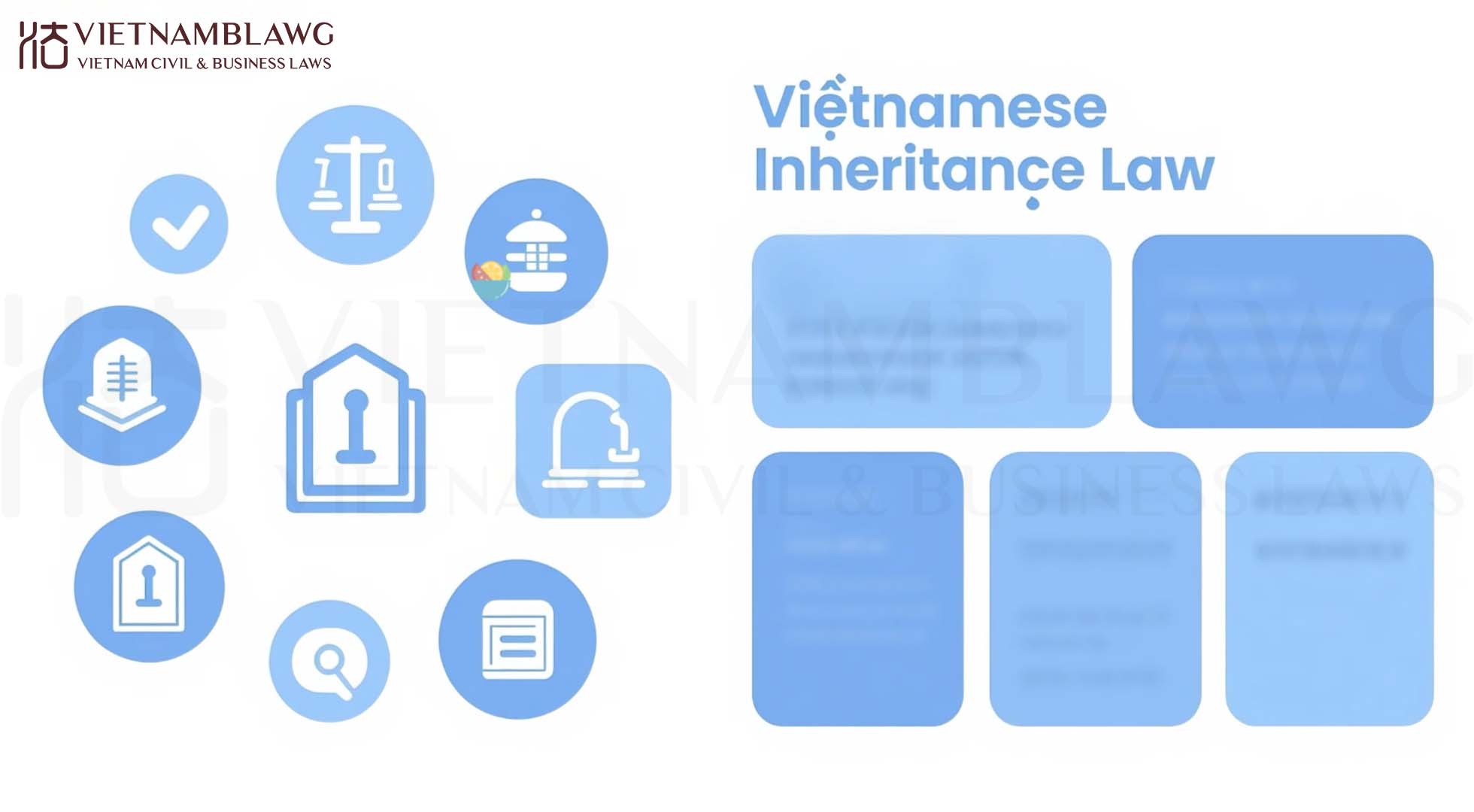In most jurisdictions, forms of wills are strictly provided in their laws, so is Vietnam.
It understandable that testamentary forms shall be clearly provided and strictly enforced in judiciary practice simply for the reason that it is virtually impossible to prove the real intentions of a person that has deceased.
Article 627 provides:
Di chúc phải được lập thành văn bản; nếu không thể lập được di chúc bằng văn bản thì có thể di chúc miệng .
Article 627 of Vietnam Civil Code
Basically this provision says that in Vietnam a will shall be made in writing, and in special circumstances oral will is possible. We will only examine the details of legal requirements for written wills.
I. Holographed Will
As in China, holographic wills are well established in practice. By "holographic", it means every word in the will shall be handwritten by the testator himself or herself, not written by others, not printed by machines.
II. Witnessed Will
This is the type of wills or testaments more familiar to common law jurisdiction practitioners where the wills are printed or written by others and signed by the testators before two or more witnesses, and the witnesses shall also sign the wills as well.
Article 634 of Vietnam Civil Code:
Trường hợp người lập di chúc không tự mình viết bản di chúc thì có thể tự mình đánh máy hoặc nhờ người khác viết hoặc đánh máy bản di chúc, nhưng phải có ít nhất là hai người làm chứng. Người lập di chúc phải ký hoặc điểm chỉ vào bản di chúc trước mặt những người làm chứng; những người làm chứng xác nhận chữ ký, điểm chỉ của người lập di chúc và ký vào bản di chúc.
Article 634 of Vietnam Civil Code
Here in this article, the law requires that there are at least two witnesses to witness the making of a will that is either printed by himself or written by others instead of the testator himself, and the testator shall sign the will or apply his fingerprint on the will in front of the witnesses.
It shall be well noted that there are legal restriction on who can act as witnesses in the course of will-making. Article 632 of Vietnam Civil Code:
Mọi người đều có thể làm chứng cho việc lập di chúc, trừ những người sau đây:
- 1. Người thừa kế theo di chúc hoặc theo pháp luật của người lập di chúc;
- 2. Người có quyền, nghĩa vụ tài sản liên quan tới nội dung di chúc;
- 3. Người chưa thành niên, người mất năng lực hành vi dân sự, người có khó khăn trong nhận thức, làm chủ hành vi.
Here the law says anyone can serve as a witness for making a will except for (1) the recepients of the estates pursuant to the said will and the statutory heirs to the testator, and (2) a person who has financially interested in the contents of the will, and (3) minors, or other persons who don't sound mental capacity for civil acts.
III. Notatrized Will and Certified Wills
This is the type of wills or testaments that are very popular in many continental law jurisdictions like France, German and China. Vietnam is basically a continental law jurisdiction, thus it has the notarisation system, an important part of their judicial institutions.
According to Article 636 of Vietnam Civil Code, the person intending to make a will shall state the contents of its will by reading the same before the notary public, and the notary public shall record the contents as stated by the testators. After the testators confirm the recorded contents of the will and understand the same correctly, the testators shall sign the Will or apply their fingerprints thereon.
A certified will is made much the same way as a notarized will only differing in that the testators state the contents of, sign or apply fingerprint on the will before a person from a government insitutional commission who has the power or authority to certifiy wills. This is provided to better cater to grassroot people who may not afford notary services.
A particular note is worthy taking here for overseas Vietnamese citizens when they make wills for their assets in Vietnam. Since those overseas Vietnamese citizens cannot have access to notarization and certification services as described in preceding paragraphs, the law affords them with a service equivalent to and in lieu of notarisation and certification. Article 638 of Vietnam Civil Code provides that for Vietnamese citizens residing in foreign countries, their wills can be certified by consulates or diplomats of Vietnam in those countries.




Comments